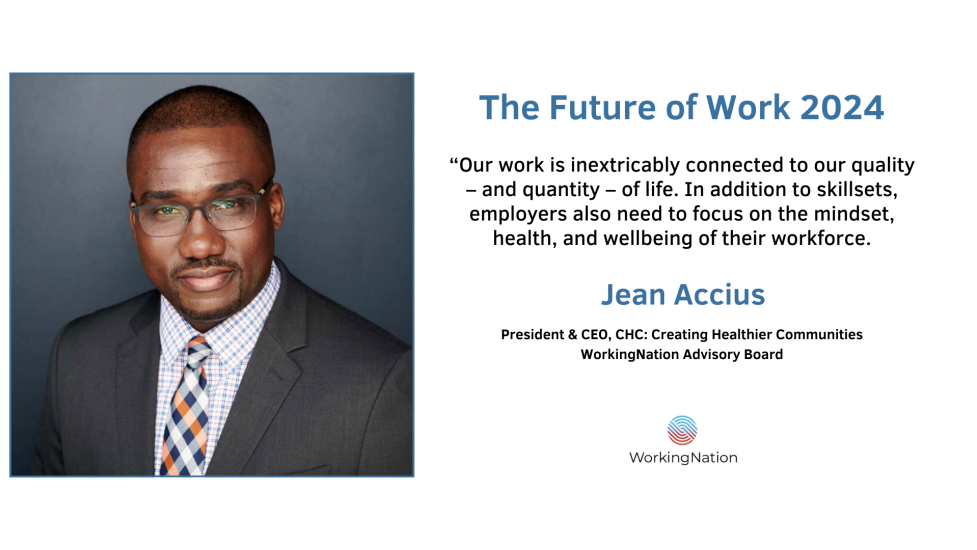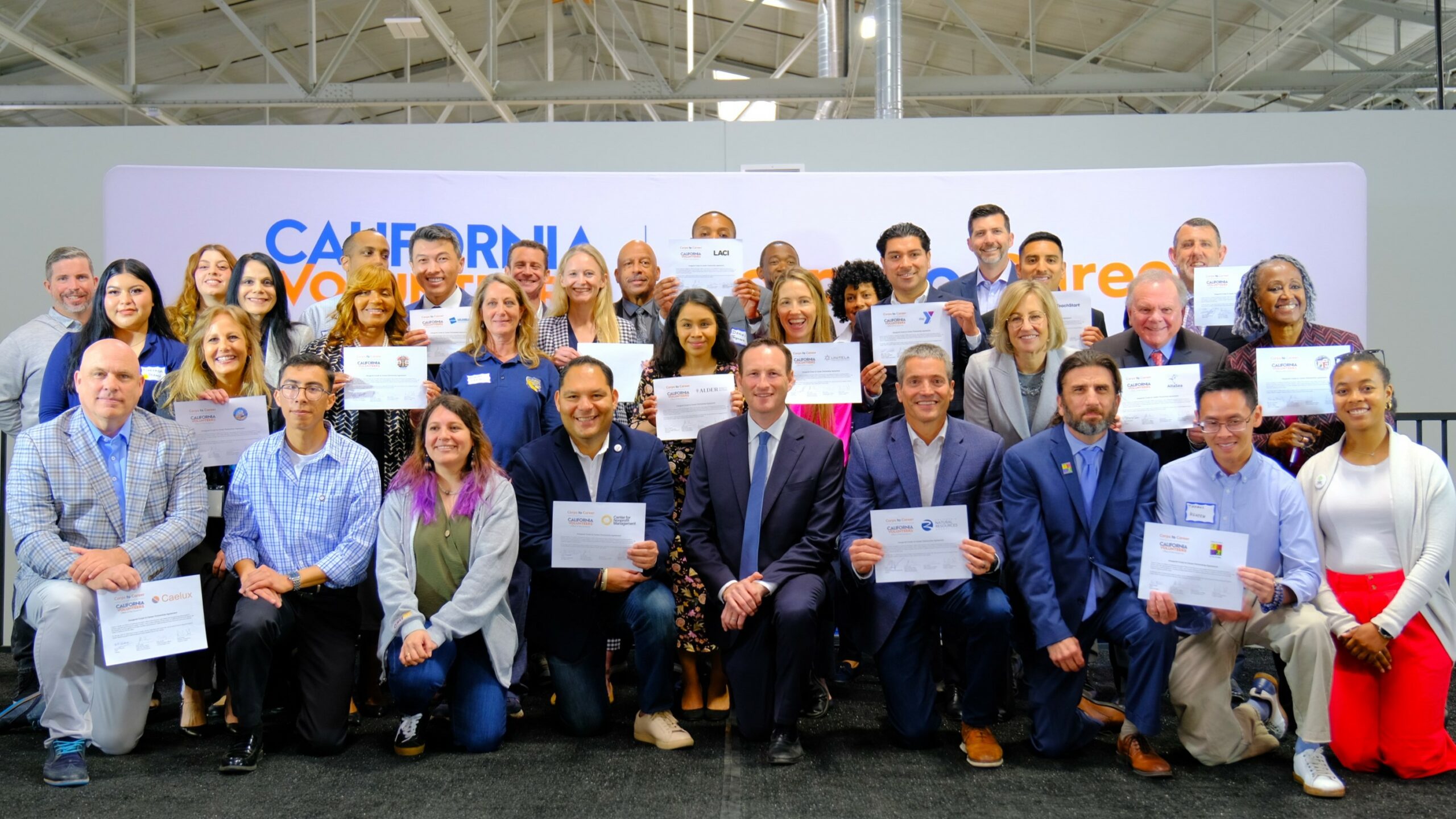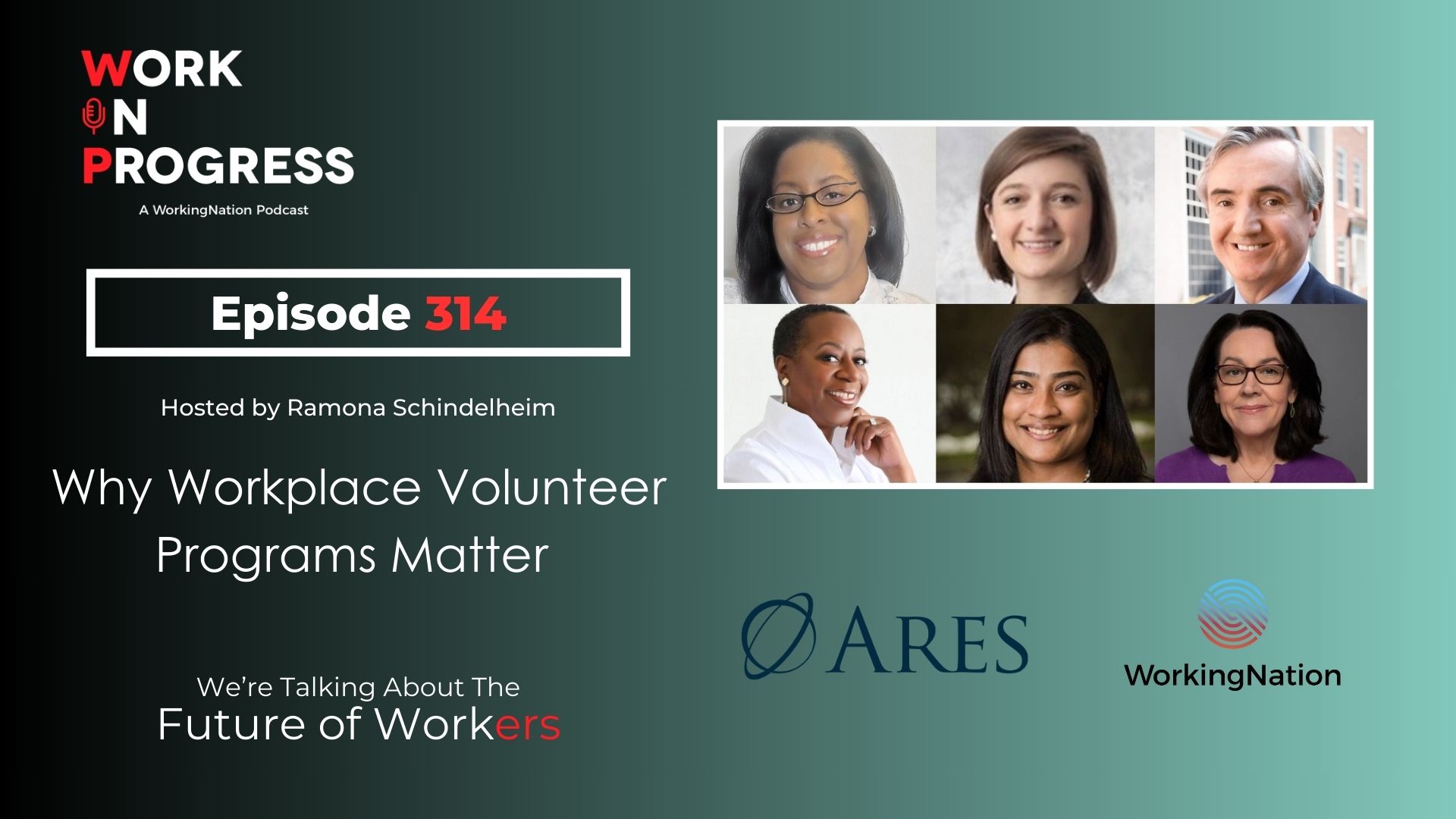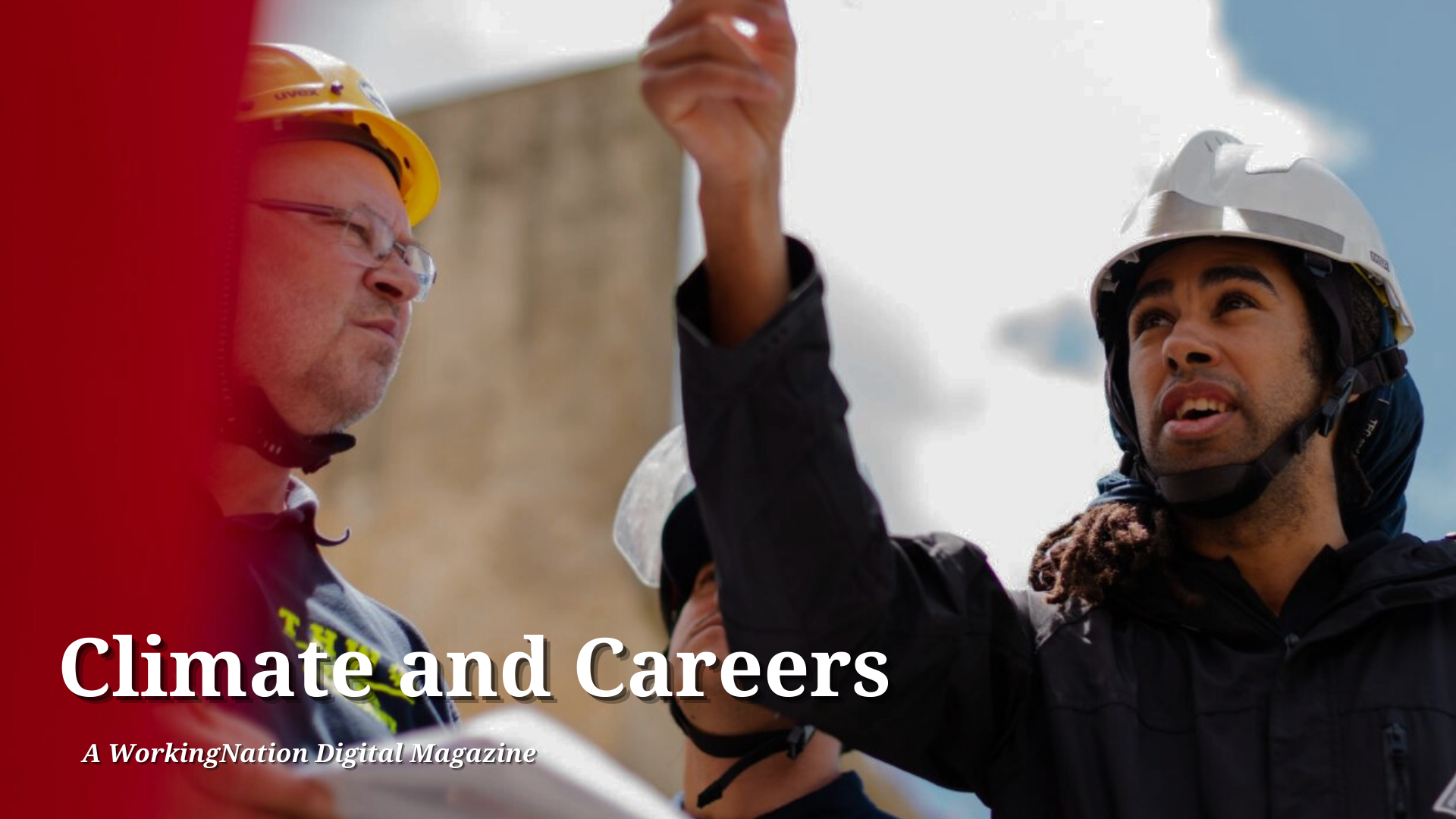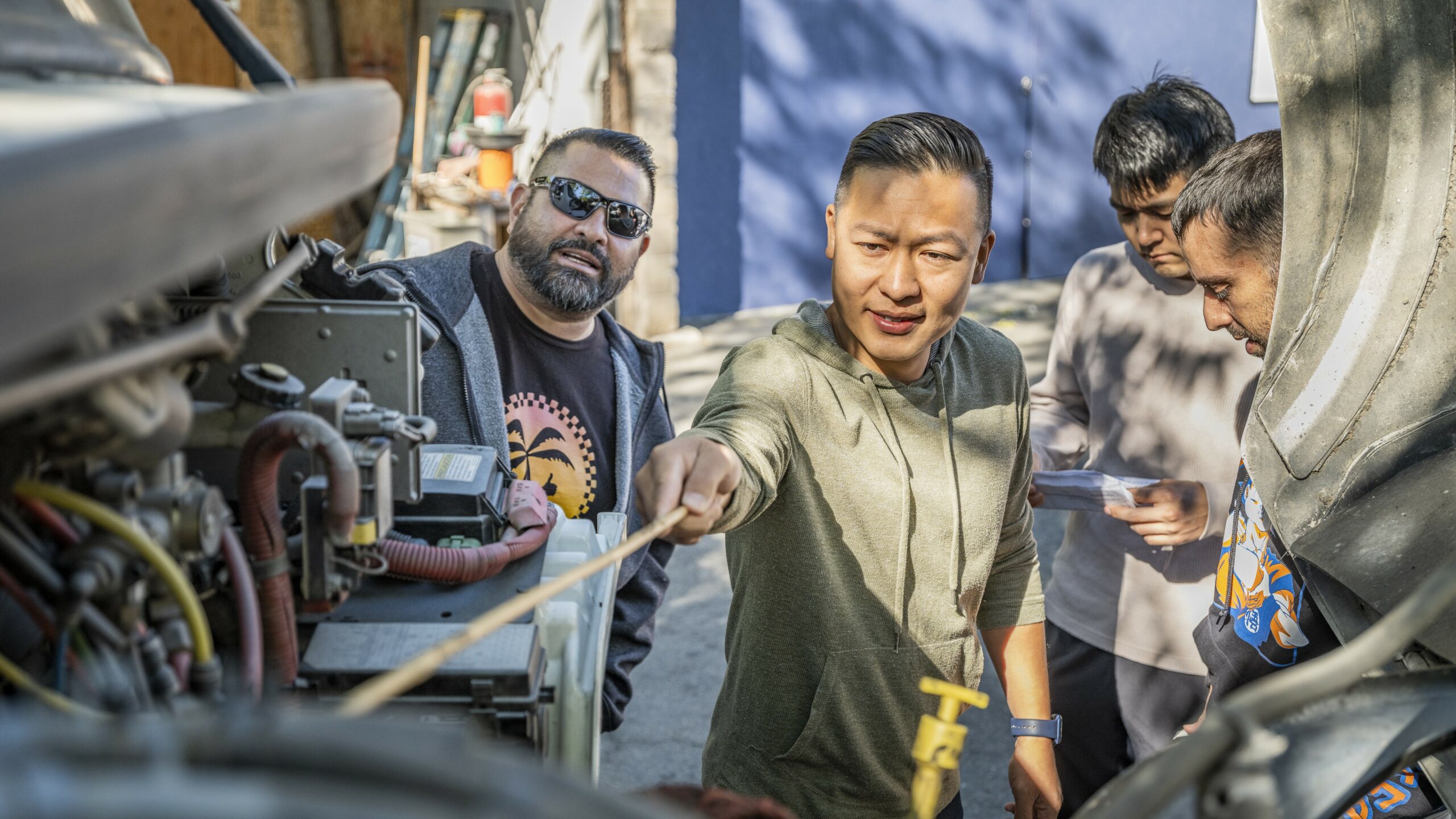We asked our WorkingNation Advisory Board to share their thoughts on the most important issues and challenges facing the workforce and the labor market in 2024.
Jean C. Accius, Ph.D. is a leader in health equity, longevity, health systems transformation, and building equitable systems. He serves as president and CEO of CHC: Creating Healthier Communities.
Here are his thoughts on The Future of Work 2024.

“Change is the only constant in business. There are always new ideas, new products, new ways to work better. However, the pace of change has not only accelerated but has gone into overdrive. AI and other technological inventions have ushered in a new normal of disruption in the marketplace that is impacting every industry and sector at an unprecedented rate.
“Businesses and nonprofit organizations get themselves into trouble when they think they have it all figured out. Comfortable companies get complacent, and as we’ve seen in the past, those that grow rigid risk becoming obsolete or, in a worst-case scenario, extinct. By contrast, embracing change keeps an organization innovative and agile.
“To do so, employers need to think more holistically about their workforce. The World Economic Forum Future of Jobs report indicated that nearly one-quarter of jobs is expected to change by 2027, with 69 million new jobs created and 83 million eliminated.
“This has important implications for workforce development programs in creating innovative solutions to close the gap between workers’ skills and future business needs. Workplace development programs will need to arm workers with skills to solve complex problems by increasing analytical and creative thinking skills. Training workers to use big data, Al, and other technological skills is more important than ever.
“There are jobs to be filled, and there are people to fill those jobs. In corporate America, we are seeing a growing number of companies adopt a skill-first approach to hiring individuals without a four-year degree – creating meaningful pathways for employment and advancement opportunities for many communities that have historically been in the margins or left out the equation all together.
“The disruption in the marketplace largely driven by technological innovation requires disruption in traditional hiring practices and adopting a skills-first lens to hiring is a good step forward in closing the gaps.
“In addition to skillsets, employers also need to focus on the mindset, health, and wellbeing of their workforce. According to the 2023 Edelman Trust Barometer, only one in two people report being in very good health. Blacks and Asians were more likely to report being in fair-to-poor health relative to the general population. People with low income and limited resources are far less likely to report good health. And the gap between how well they are taking care of their health relative to how they should be is only growing.
“Management is also key to the state of today’s workforce and supporting employee health and wellbeing. Organizations should consider major decisions through the lens of health and wellbeing.
“This includes compensation and benefits as well as more complex issues, such as covering educational opportunities and upskilling for lower-wage workers or looking for gaps in coverage such as lack of transportation or access to care or covering the cost of doulas to address the maternal health crisis. This also means providing a safe, flexible, and equitable workplace where employees can do their best work while managing their personal lives.
“Employers must begin to think about innovation as including ways to ensure their employees’ health and wellbeing comes first.
“Imagine the power and innovation that could happen when workers from all generations are given the chance to come together in a workplace to combine experience and know-how with new approaches and ideas to solve problems. It would add more than a trillion dollars of fuel to our American economic engine, create new industries and new jobs, and it would change the workforce – and people’s lives – as we know it.
“Our work is inextricably connected to our quality – and quantity – of life. Taking a holistic view of wellbeing pays off for everyone: individuals, employers, communities, countries, and our world. Who knows? If companies start getting competitive about who has the healthiest and happiest employees, imagine what that might do for us all!”
Read more from our WorkingNation Advisory Board members on The Future of Work 2024.

